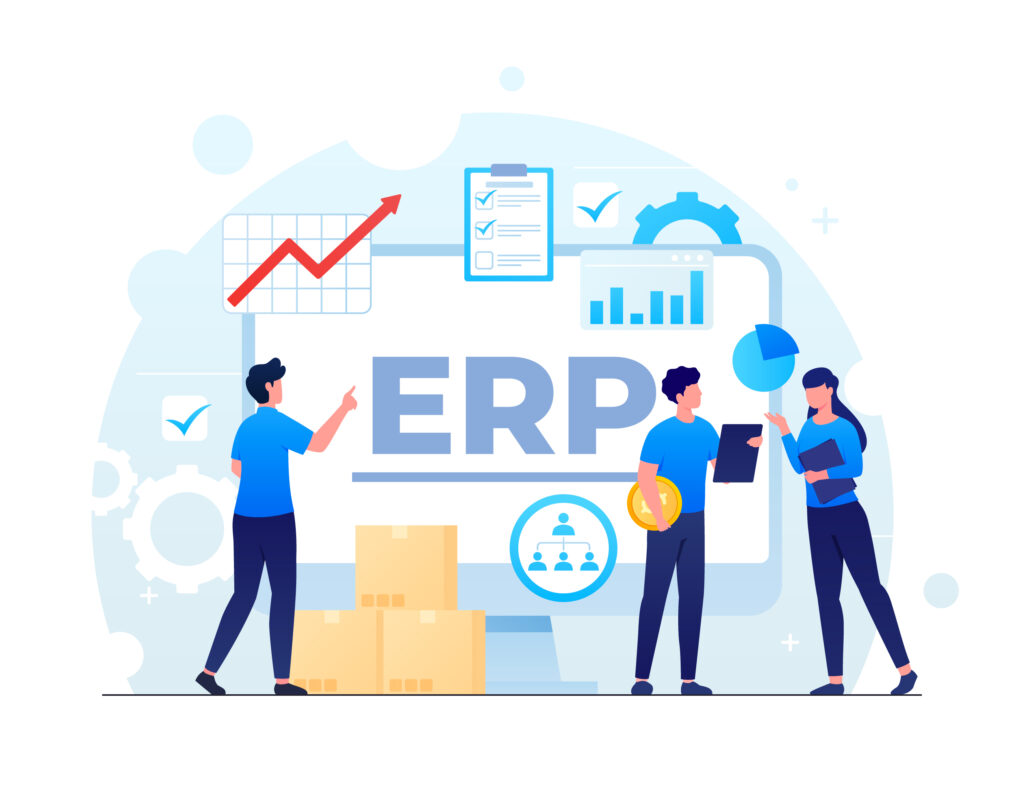
In the ever-evolving landscape of business management, Enterprise Resource Planning (ERP) software plays a pivotal role in streamlining operations, enhancing efficiency, and fostering innovation. As we step into 2023, the ERP market continues to witness significant transformations and innovations. Companies are increasingly turning to ERP solutions to remain competitive, adapt to changing market dynamics, and make data-driven decisions.
In this blog post, we will explore the top 11 ERP application software in 2023. These ERP systems are chosen based on their ability to meet the diverse needs of modern businesses across various industries. These ERP systems have been curated for their adeptness in addressing the multifaceted demands of contemporary businesses spanning a wide spectrum of industries. Ranging from cloud-powered solutions to specialized software catering to specific sectors, this inclusive compilation is poised to serve as an invaluable resource for making a judicious choice when contemplating ERP alternatives tailored to your organization’s unique requirements.
1. SAP S/4HANA:
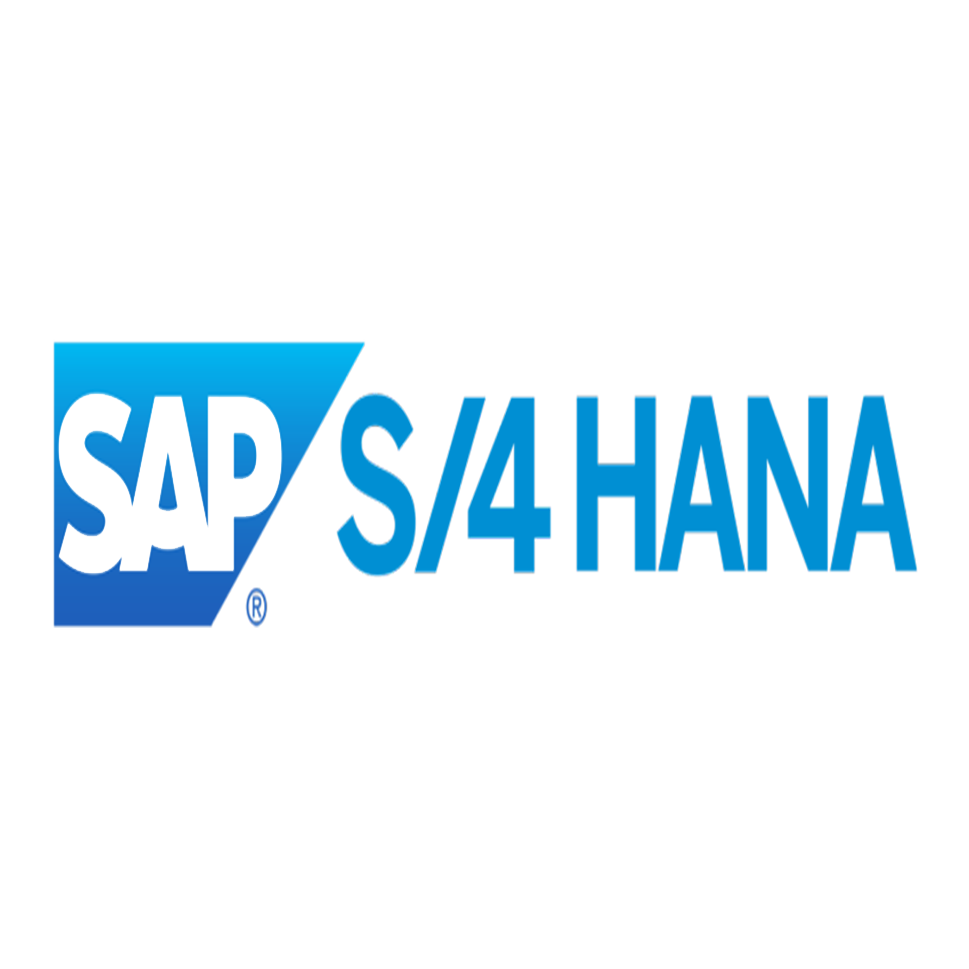
SAP S/4HANA remains a dominant force in the ERP landscape. It extends a repertoire of real-time analytics, an effortlessly navigable user interface, and the prowess of cloud integration. As we step into 2023, SAP’s trajectory of advancement persists, harnessing the might of artificial intelligence and machine learning to orchestrate predictive analytics and seamless automation.
Pros:
Robust Analytics: SAP S/4HANA offers powerful real-time analytics, helping organizations make data-driven decisions promptly.
Comprehensive Solutions: Holistic Solutions: SAP S/4HANA offers an all-encompassing array of solutions, encompassing industry-specific adaptations that cater to an extensive spectrum of businesses.
Versatile Scalability: It exhibits a remarkable capacity for scalability, adeptly accommodating the growth trajectories of both small startups and large enterprises alike.
Cons:
Complex Implementation: Implementation can be complex and time-consuming, especially for small businesses.
Costly: SAP solutions often come with a high initial investment and ongoing maintenance costs.
Resource-Intensive: Requires skilled personnel for management and customization.
2. Oracle Cloud ERP:
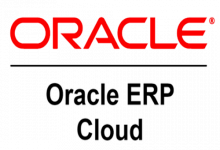
Oracle Cloud ERP is known for its scalability and comprehensive suite of applications. In 2023, Oracle continues to enhance its ERP offering with advanced AI and automation features, enabling businesses to optimize processes, reduce costs, and drive growth. Its flexibility and industry-specific solutions make it suitable for various sectors.
Pros:
Scalability: Oracle Cloud ERP scales easily to accommodate growing businesses.
Comprehensive Suite: Offers a comprehensive suite of applications, reducing the need for third-party integrations.
Strong Security: Oracle has a robust security infrastructure.
Cons:
Cost: High initial setup and licensing costs may be prohibitive for small businesses.
Complexity: The system can be complex, requiring skilled administrators for effective management.
Vendor Lock-In: Users may experience vendor lock-in due to the extensive Oracle ecosystem.
3. Microsoft Dynamics 365 :
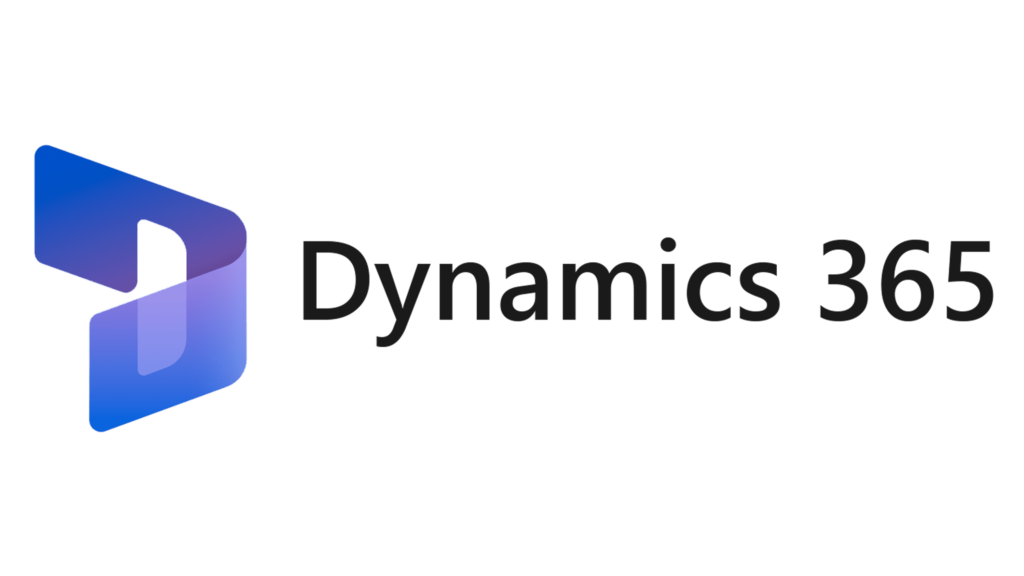
Microsoft Dynamics 365 offers a unified platform for ERP and CRM, promoting seamless data integration and collaboration. With AI-driven insights and customizable modules, it caters to diverse business needs. In 2023, Microsoft is expected to introduce even more capabilities, making Dynamics 365 a strong contender in the ERP arena.
Pros:
Integration: Seamlessly integrates with other Microsoft products like Office 365, enhancing collaboration.
Flexibility: Offers modular customization, allowing organizations to tailor the ERP to their specific needs.
User-Friendly: Intuitive interface promotes user adoption.
Cons:
Cost: Licensing and customization costs can add up, especially for extensive implementations.
Scalability Challenges: Scaling for very large enterprises might require significant customization.
Complexity: Complex implementations may require skilled consultants.

bud!
4. NetSuite:

NetSuite, under the Oracle umbrella, stands as a nimble and expansively scalable cloud-based ERP solution. Its hallmark lies in its prowess to seamlessly orchestrate end-to-end operations, deftly navigating the intricacies of financial management to the intricacies of e-commerce, rendering it a versatile asset for businesses seeking holistic digital transformation. In 2023, NetSuite is likely to continue evolving its industry-specific solutions and expanding its global footprint, making it an appealing choice for growing businesses.
Pros:
Cloud-Based: As a cloud-based solution, NetSuite offers accessibility and flexibility.
Scalability: Suitable for both small businesses and large enterprises.
E-commerce Integration: Strong e-commerce capabilities.
Cons:
Cost: Subscription fees can become expensive over time, particularly for growing organizations.
Learning Curve: It may take some time for users to become proficient with the system.
Customization Complexity: Extensive customization can be challenging and costly.
5. Infor Cloud Suite:

Infor CloudSuite focuses on industry-specific ERP solutions. With a user-friendly interface and advanced analytics, it caters to various sectors, including manufacturing, healthcare, and hospitality. In 2023, Infor is expected to invest in AI-driven innovations and mobile capabilities to enhance user experiences. If you are in the market for superclone Replica Rolex , Super Clone Rolex is the place to go! The largest collection of fake Rolex watches online!
Pros:
Industry-Specific Solutions: Tailored for specific industries, ensuring a good fit.
User-Friendly: Intuitive interface promotes user adoption.
Mobile Accessibility: Offers mobile capabilities for on-the-go access.
Cons:
Limited Brand Recognition: Infor may not have the same brand recognition as larger ERP providers.
Cost: Costs can vary widely based on customization and industry-specific requirements.
Integration Complexity: Complex integrations may require specialized expertise.
6. Epicor ERP:

Epicor ERP is designed for manufacturing and distribution industries. It offers robust functionality, including supply chain management and IoT integration. In 2023, Epicor is likely to continue refining its ERP software to meet the evolving needs of manufacturers.
Pros:
Manufacturing Focus: Ideal for manufacturing and distribution industries.
IoT Integration: Strong integration with IoT devices for real-time data.
Customization: Offers flexibility for customizing workflows.
Cons:
Learning Curve: Implementation can be challenging, requiring dedicated training.
Cost: Costs can add up with customization and maintenance.
Not for All Industries: Primarily suited for manufacturing and distribution businesses.

bud!
7. IFS Applications:
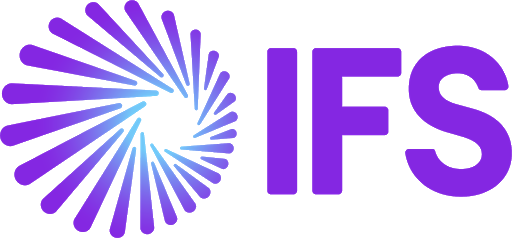
IFS Applications focuses on delivering ERP solutions for service-centric industries like aerospace and defense, energy, and construction. In 2023, IFS is expected to emphasize digital transformation and IoT capabilities, empowering organizations to streamline operations and enhance service quality.
Pros:
Industry Focus: Tailored for service-centric industries like aerospace, energy, and construction.
IoT Integration: Strong focus on IoT capabilities for predictive maintenance.
Mobile Accessibility: Offers mobile capabilities for field service teams.
Cons:
Niche Market: May not be suitable for businesses outside the specified industries.
Complexity: Complex implementations may require specialized consultants.
Scalability: Not as easily scalable for very large enterprises.
8. Workday Financial Management:

Workday is renowned for its cloud-based HR and financial management solutions. In 2023, it is anticipated to expand its ERP offerings, providing integrated financial and workforce management capabilities for organizations seeking modern, user-friendly solutions.
Pros:
Cloud-Based: Offers accessibility and flexibility through cloud deployment.
User-Friendly: Intuitive interface makes it user-friendly.
HR Integration: Seamlessly integrates with HR functions in the same platform.
Cons:
Limited Scope: Primarily focused on financial management and HR, which may not suit all businesses.
Cost: Licensing costs can be high, especially for additional modules.
Customization Constraints: Limited customization compared to some competitors.
9. Sage Intacct:

Sage Intacct specializes in cloud financial management, making it ideal for small and midsize businesses. In 2023, Sage is likely to focus on enhancing automation and reporting features, helping organizations make data-driven financial decisions.
Pros:
Cloud-Based: Provides accessibility and scalability through the cloud.
Cost-Effective: Often more affordable for small and midsize businesses.
Financial Focus: Specializes in financial management.
Cons:
Limited Scope: Lacks the comprehensive suite of features found in larger ERP systems.
Not for All Industries: May not cater to industry-specific requirements as effectively.
Scaling Challenges: May require additional customization for larger enterprises.
10. SYSPRO ERP:

SYSPRO ERP targets manufacturing and distribution companies. It offers robust supply chain management and analytics tools. In 2023, SYSPRO is expected to continue innovating in the ERP space, particularly in areas like Industry 4.0.
Pros:
Manufacturing Focus: Tailored for manufacturing and distribution industries.
Supply Chain Management: Strong supply chain capabilities.
IoT Integration: Emphasizes Industry 4.0 concepts.
Cons:
Complex Implementation: Implementation can be challenging and resource-intensive.
Limited Industry Range: Primarily suited for manufacturing and distribution businesses.
Cost: Licensing and customization costs can accumulate.

bud!
11. Acumatica:

Acumatica is known for its cloud ERP solutions with unlimited user licensing. In 2023, Acumatica is expected to prioritize customization and integration capabilities, enabling businesses to tailor their ERP systems to their unique requirements.
Pros:
Unlimited User Licensing: Offers flexibility with unlimited user licensing.
Cloud-Based: Provides accessibility and scalability through the cloud.
Customization: Allows extensive customization to tailor the ERP to specific needs.
Cons:
Learning Curve: Implementation and customization can be complex.
Costs: Costs can increase with extensive customization.
Smaller Market Share: May not have the same market presence as larger ERP providers.
Conclusion:
In the dynamic business environment of 2023, selecting the right ERP software is crucial for organizations looking to streamline operations, improve decision-making, and stay competitive. The top 11 ERP application software listed here offer diverse options, catering to the specific needs of various industries and company sizes.
Prior to making a definitive choice, it’s imperative to embark on a meticulous evaluation of your organization’s unique prerequisites. Delve into crucial facets such as scalability, integration prowess, and how each ERP solution harmonizes with your enduring business objectives. By undertaking this rigorous scrutiny, you can harness the full potential of ERP technology, propelling your organization towards heightened efficiency, pioneering innovation, and sustained growth not only in the imminent year but well into the future.

